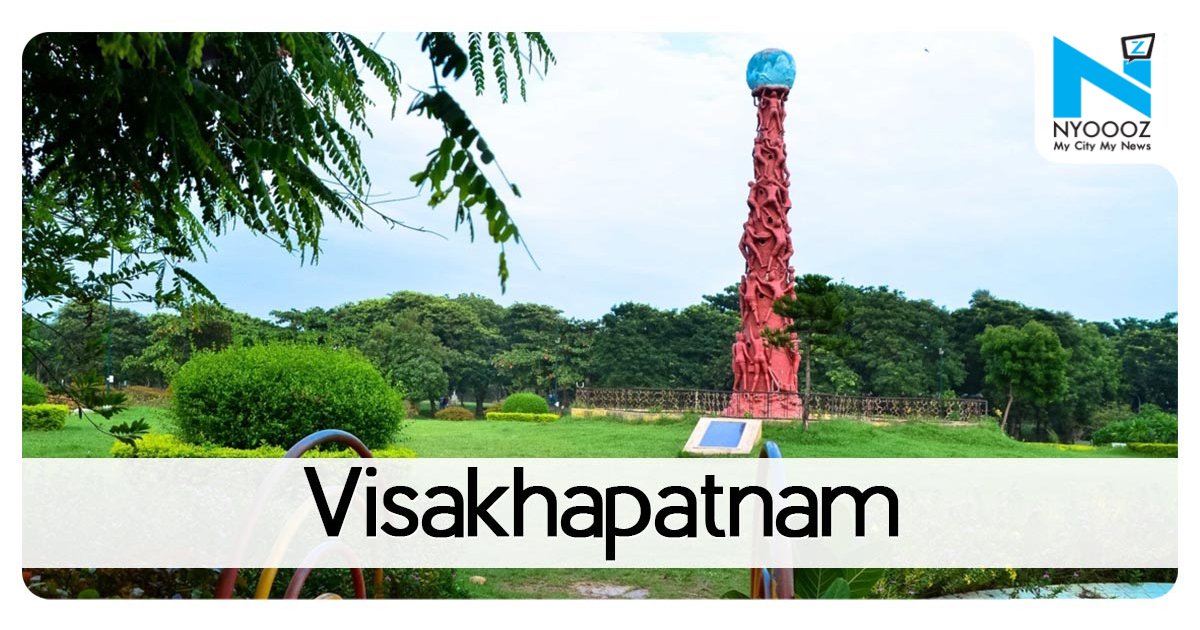
A little ahead, a pair of feeble hands works silently to make the humble clay lamps and flower pots from the potter’s wheel. Even as the markets glitter with festive spirit, the euphoria is markedly subdued at the potter’s colony. Not too long ago, the Festival of Lights would literally light up the narrow bylanes of Kummari Veedhi, the colony of traditional potters. Too old to walk but spirited enough to sit through the day and churn the potter’s wheel, he struggles to keep the last traces of this fading profession of pottery alive. It was during this time of the year that the grind of potter’s wheel would resound through the meandering streets of the colony, where rows of lamps and heaps of clay would lay in bulk.

If You Like This Story, Support NYOOOZ
Your support to NYOOOZ will help us to continue create and publish news for and from smaller cities, which also need equal voice as much as citizens living in bigger cities have through mainstream media organizations.
Stay updated with all the Latest Visakhapatnam headlines here. For more exclusive & live news updates from all around India, stay connected with NYOOOZ.









